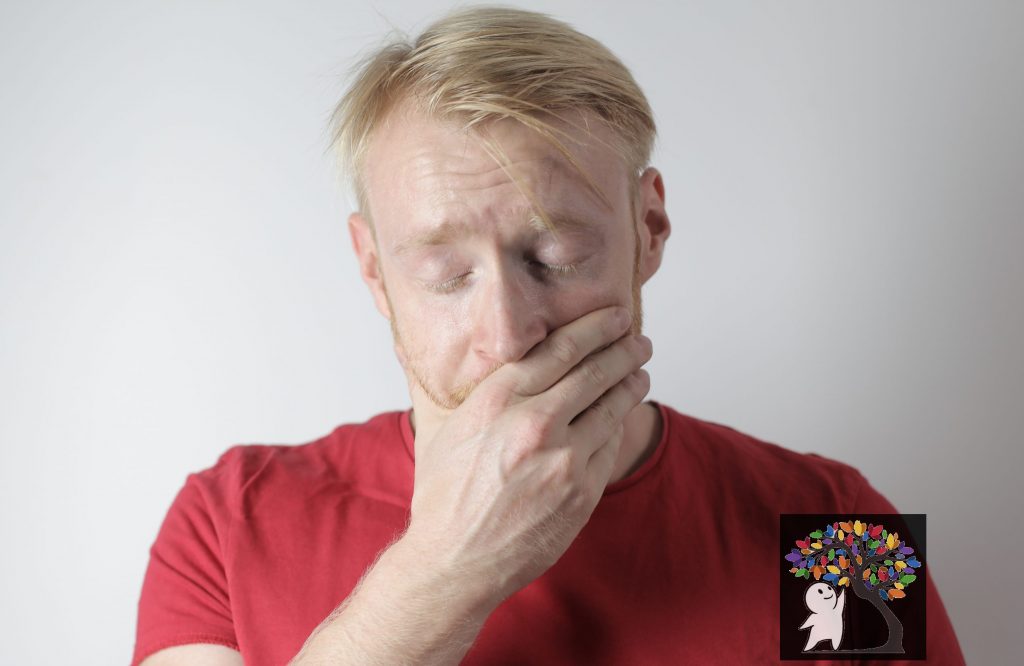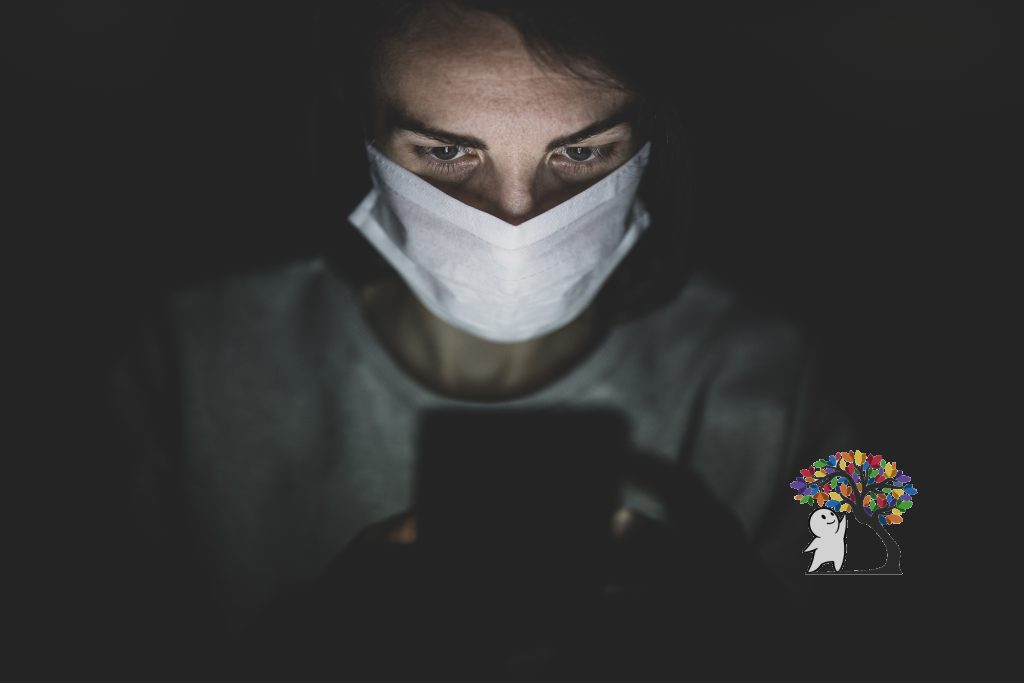7 Signs of a Panic Disorder

Disclaimer: This article is for informative purposes only. It is important to see a doctor or other mental health professional if you feel that you feel that you are struggling. Do not self-diagnose.
Panic attacks are scary for everyone. These intense episodes come on fast, and sometimes for reasons unknown. Perhaps you can think of a time you needed to support someone going through one of these horrifying events. Maybe you experienced one yourself. While most people will experience a panic attack at least a couple times in their lifetime, for some, these episodes are a regular occurrence that develop into a disorder. To shed some light on this dark topic, in this article, we’ll discuss seven signs of a panic disorder.

1. You’ve Experienced a Panic Attack
While obvious, before we can talk about a panic disorder, it’s important to know what a panic attack is. According to the Mayo Clinic, a panic attack is a sudden and intense episode of anxiety. Typically it only lasts a few minutes, however it can be incredibly fatiguing and scary. A panic attack typically consists of at least four of the following:
- Rapid heart rate
- Intense feelings of fear and/or dread
- Shaking
- Chills
- Pain in chest or stomach
- Nausea
- Sweating
- Light headness and/or dizziness
- Numbness
(Source: Mayo Clinic 2018)
Panic attacks may arise from a variety of factors. A trigger may be formed in someone who is a survivor of sexual assault or a similar traumatic event, or maybe a person in an extremely bad situation relating to family or work. However, anything that is deemed stressful to a person can trigger an attack. While these events may be isolated instances, they potentially develop into a disorder when they become frequent (Healthwise 2019).

2. You Have Recurrent and Frequent Panic Attacks
You experience at least one panic attack in a month followed by an intense fear of future attacks (DSM-5). The amount of attacks varies from person to person and can vary in intensity and duration. These episodes may come out of nowhere, or be expected (such as feeling nauseous when you have a fear of vomiting) and can happen at anytime. They’re typically followed by an intense fatigue that can make performing daily tasks difficult (Mayo Clinic 2018).

3. You Have Anxiety Surrounding the Attacks That Affect Your Life
Panic attacks are terrifying experiences. You may feel that you’re losing control over yourself, or that you are having a medical crisis. This can make performing daily tasks, such as driving, impossible as you’re afraid that one of these attacks may occur. In some cases you may exhibit avoidant behavior to avert potential triggers. Panic disorders are sometimes comorbid with agoraphobia (fear and avoidance of certain places and situations). This can make daily life much more difficult and scary to navigate (Ankrom 2019).

4. The Attacks Are Not the Result of Another Disorder
The cause of a panic attack may not always be apparent. While in many cases it’s the result of stress and triggers, in some situations it may be health related. Hyperthyroidism, heart issues, and breathing problems may show similar symptoms to a panic attack. Similarly, consuming caffeine, alcohol, and/or nicotine can also have similar effects. Your doctor can give advice on whether your panic attacks are a physical health issue (Mayo Clinic 2018).

5. Fear of Dying
Panic attacks come with a cluster of uncomfortable physical and psychological symptoms. Physically, it can feel like you’re having a heart attack. In other cases the whirlwind of emotions can be overwhelming. Panic attacks are natural reflexes to perceived danger; such as an attack by an animal or other life threatening scenario. However, any sort of stress can trigger them which can be horrifying and mysterious when you can’t figure out the cause (Mayo Clinic 2018).

6. Fear of Losing Control or “Going Crazy”
When a panic attack comes on unexpectedly, it can be an overwhelming and unpleasant experience. In some cases people can expect to have a panic attack in a certain situation (such as being afraid of dogs and being confronted by one) in which, the person has to take measures to avoid situations to try and maintain some control. Having recurring panic attacks, especially in public, can cause someone to feel that they’re losing control over themselves. If someone doesn’t understand what’s happening, they may feel that they’re going crazy (Ankrom 2020).

7. Feelings of Detachment and Unreality
Sometimes a person with a panic disorder will experience feelings of detachment and unreality. Known as depersonalization (detachment from yourself), and derealization (detachment from your surroundings). While similar, these two are very different from one another and effects you in different ways. To generalize, the intense anxiety can cause you to detach from yourself or your surroundings. People and places may feel unreal. Commonly in depersonalization, a person may feel that they are observing themselves from the outside. These feelings are unpleasant and can distress you in your daily life (Star 2020).

While panic attacks are scary, and a panic disorder is more so, there’s always help and treatment available. It’s best to reach out if you’re struggling to find the root cause of the issue. The line between a panic attack and disorder lies in the frequency of the attacks, your perspective on the attacks, and whether or not there are underlying conditions. Treatment can help improve the quality of your life and prevent other comorbidities such as anxiety disorder, depression, and substance abuse. What are your thoughts about panic attacks and disorders? Any personal experiences you are comfortable sharing? Let us know in the comments!



Responses